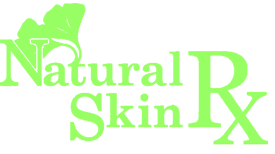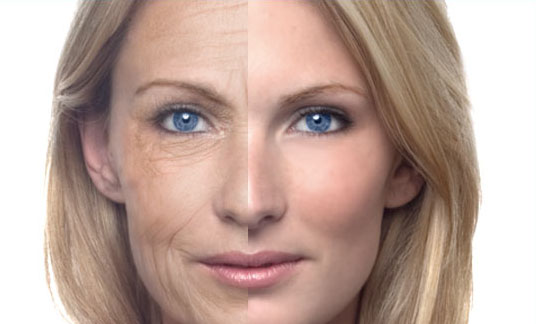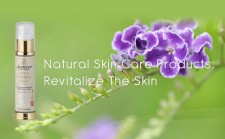Your skin is your own personal hero, even if you don’t quite realize it. First and foremost, your skin acts as a protective barrier, shielding all of your internal organs and other vitals from the harsh environment. Your skin also regulates waste excretion (i.e. sweat), manages body temperature, and conveys your sense of touch.
Your skin is a remarkable organ. It’s constantly rejuvenating itself while also fighting off the many environmental hazards (sun, rain, etc.) that are constantly bombarding our bodies. With a surface area generally between 16 to 24 square feet, that’s no small matter.
However, like the rest of your body, your skin will age. Not only will you accumulate wrinkles, but over time your skin can grow thinner. Your skin will also start to rejuvenate more slowly, so you’ll have to take better care of it and be conscious of the hazards. (Fortunately, natural skin care products can also help, but more on that later.)
Your Skin’s Molecular Makeup
At the molecular level, your skin is made up primarily of collagen, melanin, keratin, and elastin. Let’s look at each individual element:
Collagen: This is the key fibrous protein that holds your skin together.
Elastin: Another type of fibrous protein. Elastin gives your skin its elasticity, hence the name.
Melanin: gives your skin its pigment. The darker the skin, the better it can deal with the sun.
Keratin: Provides strength to your outermost layer of skin.
There are tons of other components. There are many different types of cells, including the ones that make up the building blocks of your skin. There are also blood vessel cells, lymph cells, and more. Add in other chemicals, such as glycoproteins and hyaluronic acid and it’s easy to see that your skin is a complex organ. You could say your skin is anything but “skin deep.”
What Happens As You Age
The above components, among others, will undergo changes as you age. These changes, in turn, can have a detrimental effect on your skin. For example, as you age, you’ll lose fibrous tissue. Further, your cells will renew more slowly, and your cells will start to dehydrate more quickly. Adipocyte fat cells will also form more slowly, leading to hypodermal flattening.
All of these processes, among others, will be bad for your skin. Wrinkles, dry skin, increased flaking, there are many serious issues that can arise.
What You Can Do (All Naturally) To Help Your Aging Skin
There are many all natural herbal treatments that you can use to repair your aging skin and to prevent further damage. Of course, you’re still going to age, nothing can stop that. However, we’re going to go over some all natural ingredients and herbs that that may slow the effects of aging on your skin.
One particular favorite is our Anti Aging Firming Lotion, which includes the following key ingredients:
Tamanu Oil & Jojoba Oil – These powerful moisturizers absorb quickly into the skin and can provide deep hydration.
Mulberry, White Peony, Magnolia Vine Fruit, Lycium Fruit, & Chinese Foxglove Root – These herbs will help firm and tone your skin and may also stimulate cell rejuvenation.
Hyaluronic Acid & Vitamin E– Stimulate healthy tissue growth, which encourages collagen formation.


